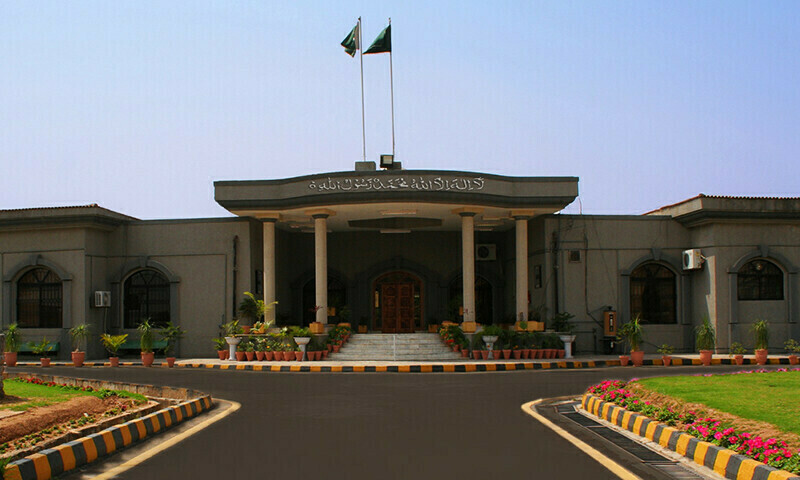Analysts and officials in Pakistan have welcomed a recent decision by the Permanent Court of Arbitration (PCA) in The Hague, which reaffirmed its authority to adjudicate disputes under the Indus Waters Treaty (IWT) despite India’s attempt to suspend the agreement. The ruling is being widely interpreted as a significant legal and diplomatic triumph for Pakistan.
Affirming Legal Authority
The court’s ruling, known as a “Supplemental Award on Competence”, unequivocally rejected India’s unilateral declaration that the treaty was inoperative. It confirmed that arbitration remains valid and binding unless both nations agree otherwise—even while the treaty continues to function. Analysts describe this as a reinforcement of the IWT’s dispute resolution framework and see Pakistan’s position as legally validated.
Water Dispute Context
The contention centers around India’s hydroelectric projects on the Kishanganga and Ratle rivers in Indian-administered Jammu & Kashmir. Pakistan raises concerns about potential downstream impacts on water flow and irrigation. The court’s decision allows further proceedings on the projects’ merits, offering Islamabad confidence in future rulings.
Victory for Treaty Integrity
Water experts note the PCA’s decision emphasizes that the IWT’s dispute mechanisms are non-negotiable and procedural rights cannot be suspended by one party. This reinforces the broader principle that international treaties carry legal continuity and procedural protections unless mutually amended or terminated.
Diplomatic Implications
Pakistan’s leadership has hailed the decision as a “noteworthy victory”, with calls to resume constructive dialogue on water-sharing, Kashmir, and trade. The government sees this affirmation of legal process as a strategic asset in ongoing bilateral negotiations—with Islamabad signalling readiness for talks in pursuit of stability.
On the flip side, India strongly rejected the court’s legitimacy, accusing it of overstepping treaty boundaries and calling its created tribunal illegal. New Delhi insists treaty suspension is lawful and maintains it has authority over its projects. This sharp divergence could lead to further diplomatic and legal maneuvers on both sides.
Domestic and Sectoral Impact
In Pakistan, the ruling is expected to have a reassuring effect on agricultural and irrigation sectors, which depend heavily on stable water flow via rivers like the Indus, Jhelum, and Chenab. For regions like Punjab and Sindh, which rely on predictable water supply for farming, the judgment offers a legal buffer against upstream changes.
Additionally, the decision bolsters legal confidence, reinforcing the rule of law in Pakistan’s water diplomacy and enhancing the legitimacy of international arbitration as a conflict-resolution mechanism.
Challenges Remaining
Despite the positive ruling, significant challenges persist:
- Diplomatic deadlock: India’s refusal to recognize PCA’s verdict may hinder engagement and impede progress.
- Treaty mechanics: A key test will be how the PCA handles the substantive issues of flow regulation and environmental impact.
- Political tensions: Water disputes could feed into larger geopolitical frictions over Kashmir, security, and bilateral cooperation.
Looking Ahead
With the court’s authority reasserted, the next stage involves detailed hearings on project engineering and treaty compliance. Pakistan is expected to present hydrological assessments and expert testimony. Meanwhile, India’s stance raises questions about future enforcement and possible escalation.
On the diplomatic front, renewed calls are emerging for official channels to restart treaty-level dialogue, possibly with third-party facilitation. Whether both nations can navigate legal setback politics and restore dialogue remains uncertain—but the PCA decision has undeniably strengthened Pakistan’s hand.
#IndusWatersTreaty #CourtOfArbitration #PakistanVictory #WaterSecurity #Hydropolitics #Kishanganga #RatleDam #PakistanIndiaRelations #WaterDiplomacy #TreatyCompliance
















